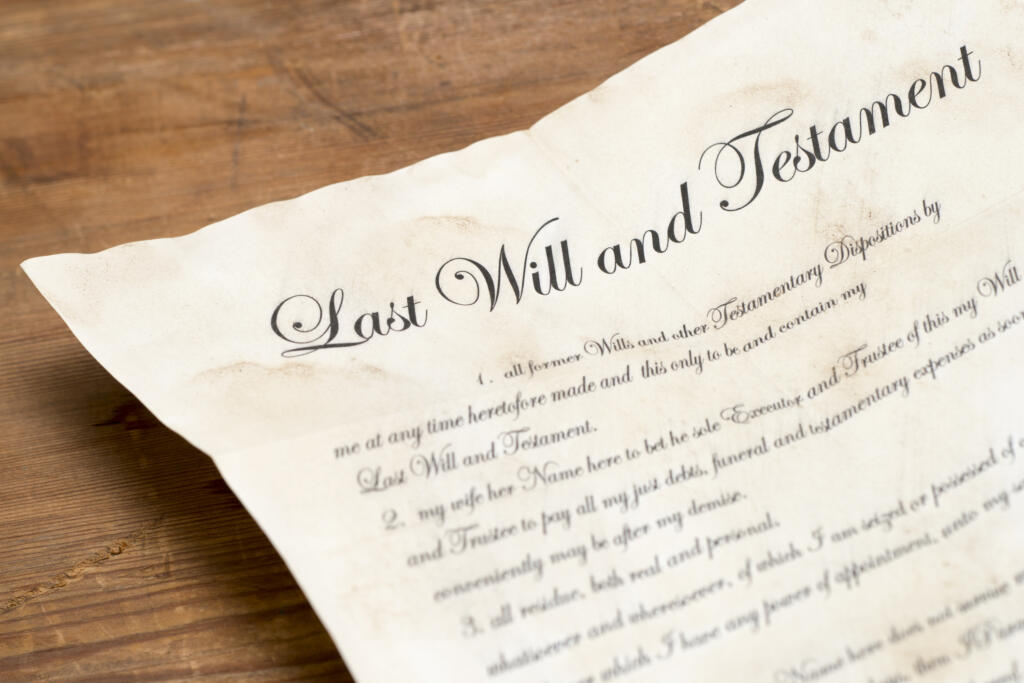
Many people believe once you have made a Will, that is it and you cannot challenge it. This assumption is incorrect.
There are various grounds on which the validity of a Will can be called into question, each potentially producing a very different outcome in terms of the distribution of the estate assets.
If a Will validity claim is successful, the effect is for the last Will to be declared invalid. The estate will then be distributed either in accordance with a previous Will (if appropriate) or the intestacy rules which govern the distribution of an estate where there is no Will or no valid Will.
On what grounds can you challenge a Will?
There are five grounds on which you can challenge the validity of a Will, which we will cover in more depth throughout this series of articles:
- Lack of proper formality;
- Lack of mental capacity;
- Lack of knowledge and approval;
- Undue influence; and,
- Fraud.
Please click on the above links for further information on each of these grounds.
How can we help?
It is always important to identify at an early stage the cost effectiveness of pursuing or defending a Will validity challenge.
We offer claim review meetings whereby we will take you through each of the above grounds and consider whether or not it is cost effective for you to launch a claim against the estate or to defend a claim brought by another.
If you would like to discuss a claim, please feel free to get in touch.
